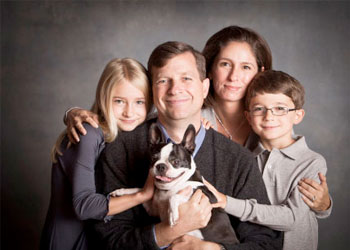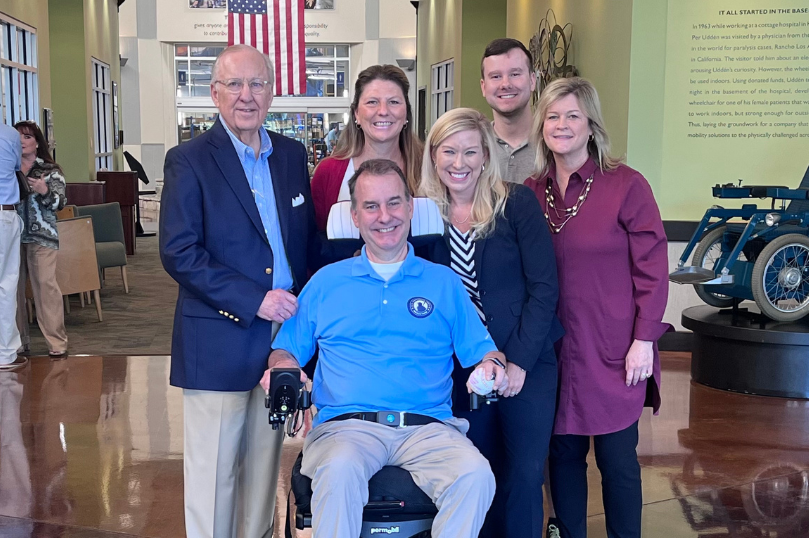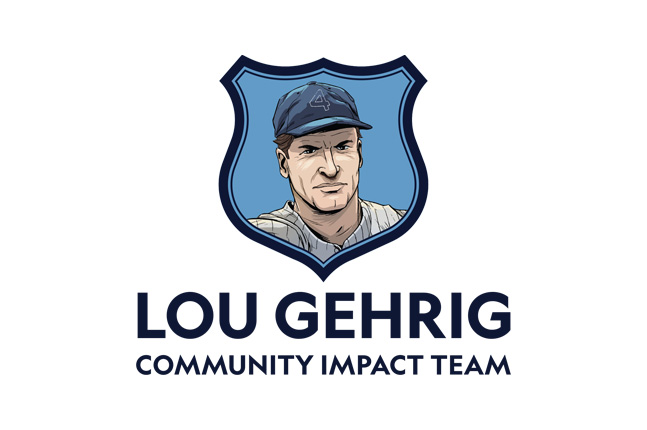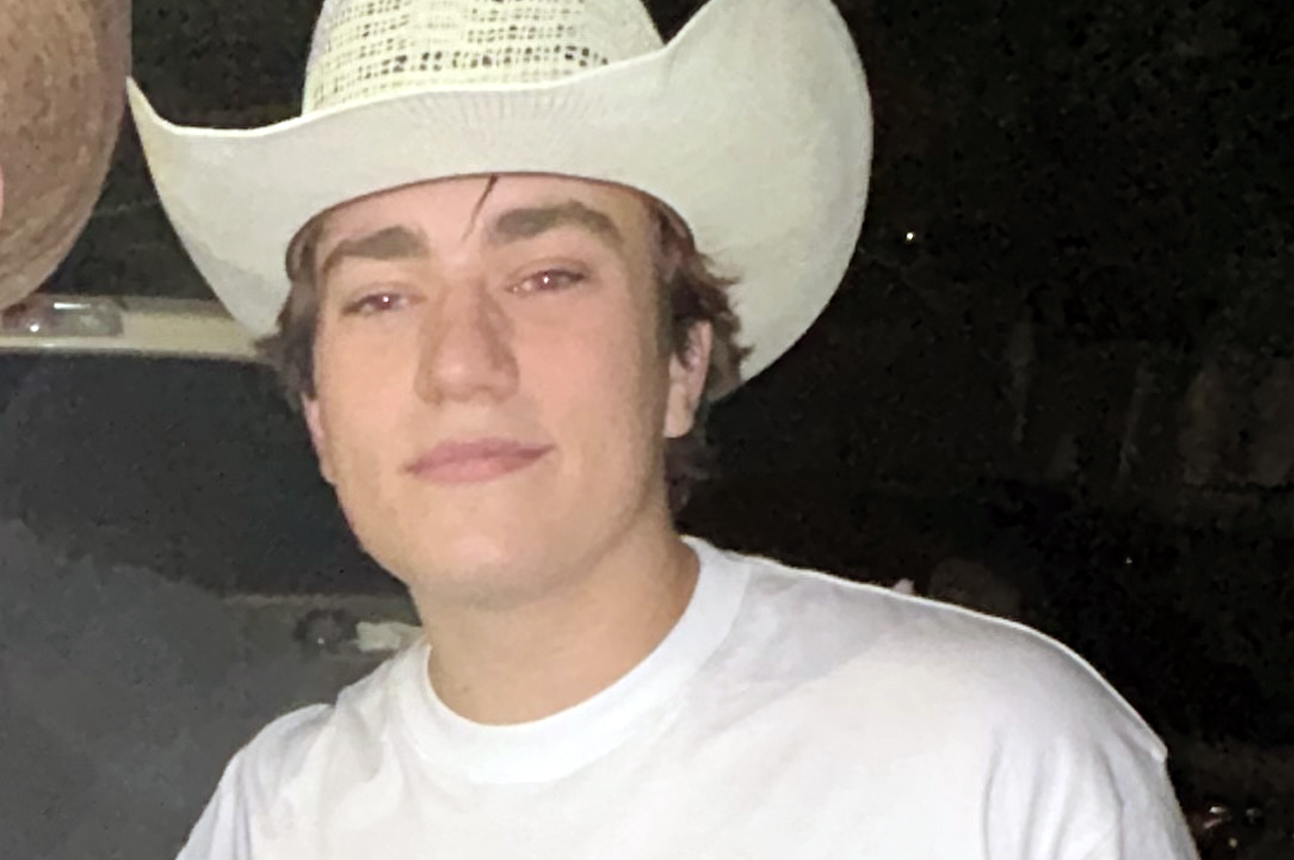By Neil H. Alexander, Pennsylvania Iota (Pitt)
The kind of news we all dread.
On a sunny afternoon in the summer of 2011, I received the kind of news we all dread. The progressive muscle-twitching I had experienced for the previous 18 months was diagnosed as Amyotrophic Lateral Sclerosis (ALS), the devastating and fatal condition known as Lou Gehrig’s disease.
Although I didn’t know much about ALS at the time, I would soon learn that the disease affects the motor neurons that transport impulses from your brain through your spinal cord to the muscles in your body. With ALS patients, these motor neurons oxidize, or rust up, thereby impeding those signals. As a result, the muscles in your body begin to twitch uncontrollably, which is a sign that they’re in distress, then they begin to atrophy and then they die.
As the disease progresses, ALS patients slowly lose the use of their hands and arms, the ability to walk, to speak and eventually the ability to eat, swallow and then to breathe. All of this occurs with no impact on the person’s mind, meaning you remain fully aware of your situation and surroundings throughout the process, which is why ALS is often referred to as the “glass coffin”. Not only is there no cure for the disease, there’s no effective treatment and most people die within 3 to 5 years.
What would Lou do? Turning a diagnosis into a rallying call.
During the days that followed my diagnosis, I focused on my wife Suzanne, daughter Abby (10) and son Patrick (8), and I realized how this disease had robbed us of so much. But with time, our family decided to transform my diagnosis into a rallying call to have an impact on ALS – to leave ALS better than we found it.
Suzanne and I established a fund at The Pittsburgh Foundation, called LiveLikeLou.org. We chose this name to honor baseball legend and Phi Delta Theta brother Lou Gehrig (New York Delta/Columbia University) and the example he set for all people living with ALS. The goal of LiveLikeLou.org is to raise public awareness about ALS, to help finance critical medical research, and to provide urgently-needed support for patients and their families.
Earlier this year, Chris Brussalis and Steve Good from Phi Delta Theta reached out to me because of the work of LiveLikeLou.org. At their invitation, I was initiated into Phi Delta Theta this past July during the Fraternity’s national convention in Washington, D.C. This was a true honor for me and my family.
Since becoming a member of Phi Delta Theta, I have not only become impressed with the quality and integrity of its members, I am deeply humbled that the organization has chosen to support the fight against ALS.
Since its discovery in the mid-1800’s, there has been little to no progress in treating ALS. I believe we can change that through a concerted effort from people who feel a connection to the disease, either because they have been personally affected by ALS or because they have simply chosen to take on the fight. Like Gehrig himself, Phi Delta Theta has the opportunity to play an influential role in solving one of the world’s biggest medical mysteries.
How you can help.
In the world of philanthropy, the phrase “time, talent, & treasure” describes how an individual can make a difference. I believe that as a young person, you have the ability to offer your “time” and special “talents” to raise awareness of ALS and help provide care and comfort to ALS patients in your area. As a student, sharing your “treasure” is a bit more challenging. But don’t underestimate the Phi Delta Theta brotherhood’s ability to create “treasure” through chapter and province fund-raising activities. And, as you progress in your careers be sure to share your future “treasure” with worthy causes that have the ability to impact the world…whether it’s fighting ALS or something just as important.
It’s important to realize that it wasn’t the World Series titles, the MVP trophies, or the batting crowns that made Brother Gehrig great. Rather, it was how he lived his values even after he was diagnosed with ALS by telling a sold-out crowd at Yankee Stadium, “Today I consider myself the luckiest man on the face of the earth…I might’ve been given a bad break, but I’ve got an awful lot to live for”. This simple gesture not only became a shining light for the many ALS patients who would follow him, but it helped Brother Gehrig become the greatest version of himself at such a challenging time in his life.
Brother Gehrig’s example has had such a profound impact on my life that I have adopted the mantra “Live Like Lou”. As a Brother In The Bond, I encourage you to follow his example by staying true to your values, by sharing your “time, talent, and treasure” with the world, and by becoming the greatest version of yourself.
Learn more about Neil Alexander, Amyotrophic Lateral Sclerosis (ALS), and his family’s efforts to have an impact on the disease by visiting LiveLikeLou.org.





